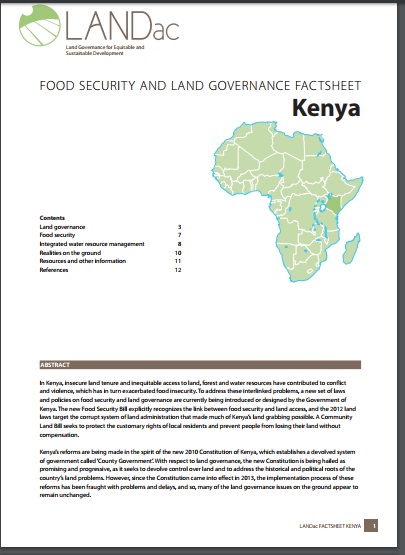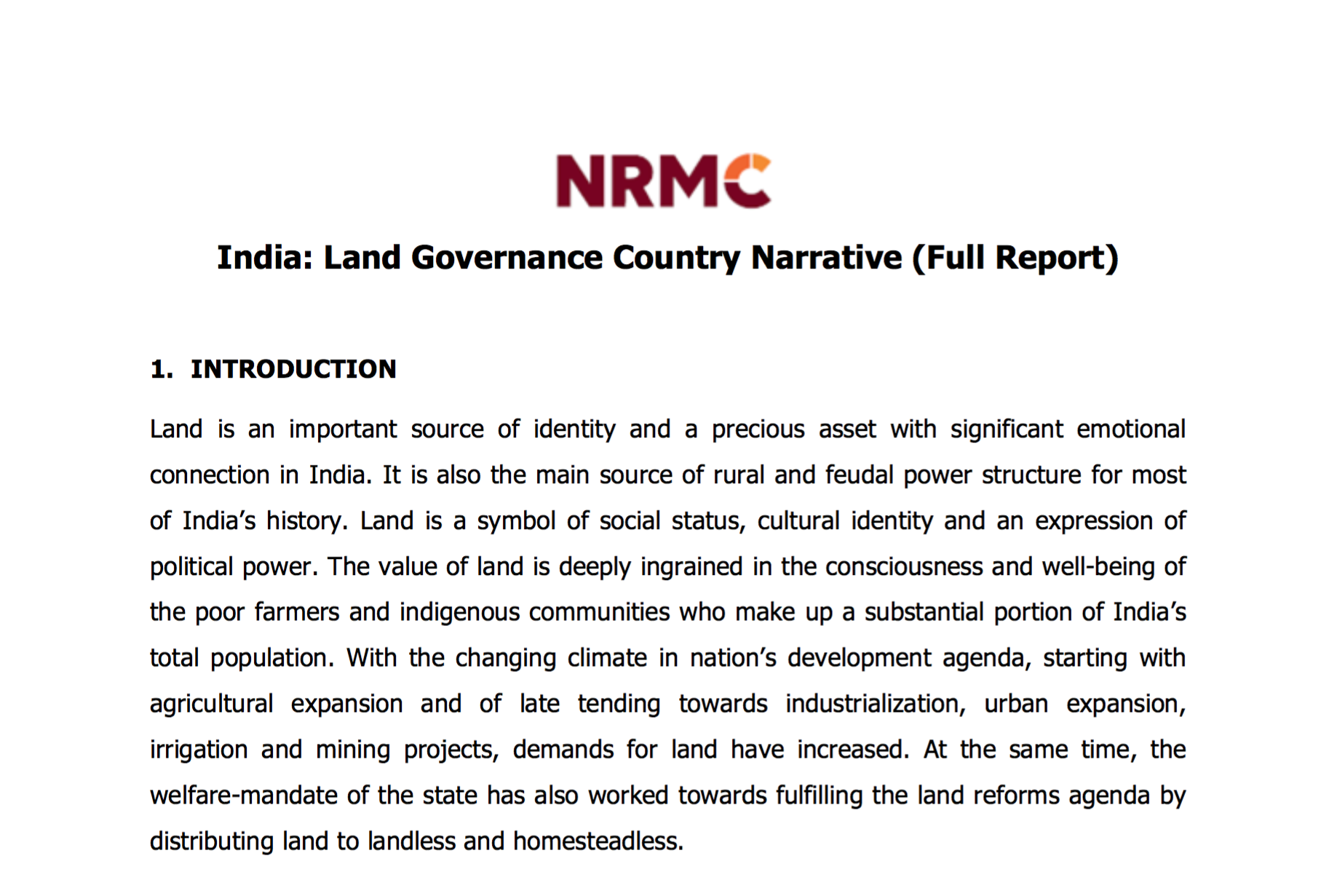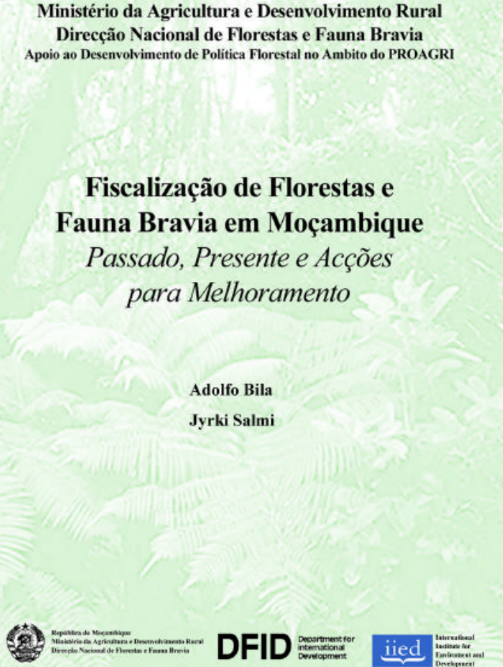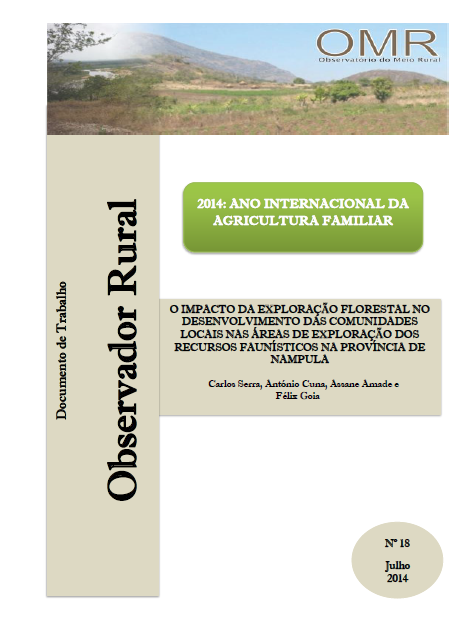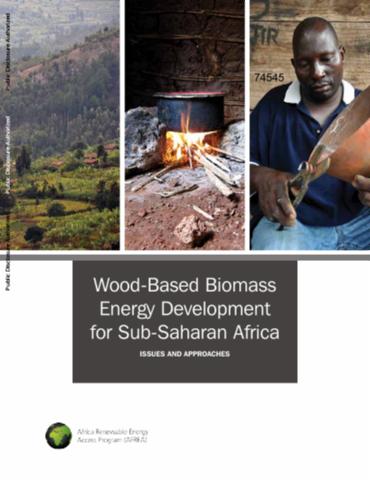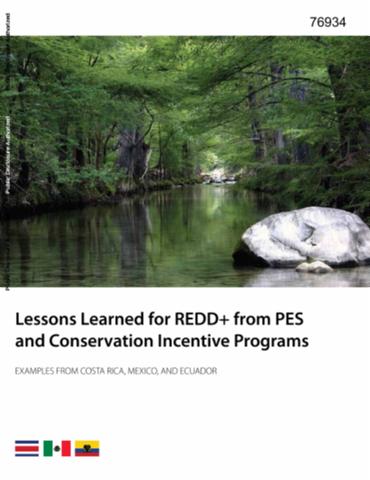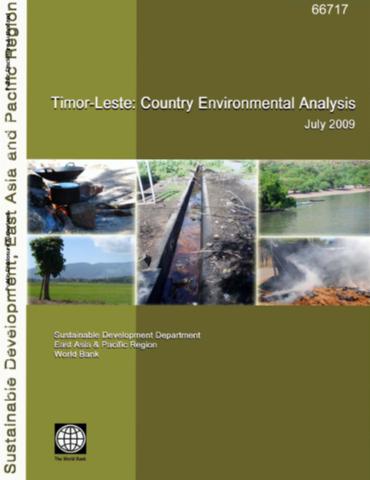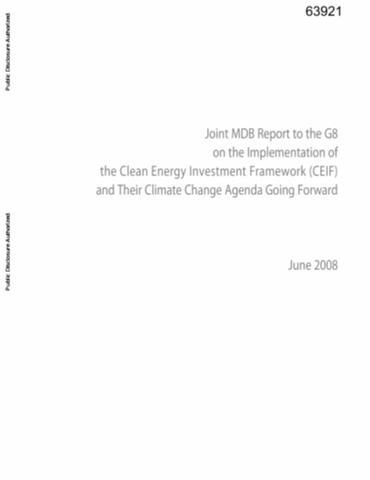Food Security and Land Governance Factsheet Kenya
In Kenya, insecure land tenure and inequitable access to land, forest and water resources have contributed to conflict and violence, which has in turn exacerbated food insecurity. To address these interlinked problems, a new set of laws and policies on food security and land governance are currently being introduced or designed by the Government of Kenya. The new Food Security Bill explicitly recognizes the link between food security and land access, and the 2012 land laws target the corrupt system of land administration that made much of Kenya’s land grabbing possible.

